30 Rookie Travel Mistakes That Could Ruin Your Next Overseas Trip
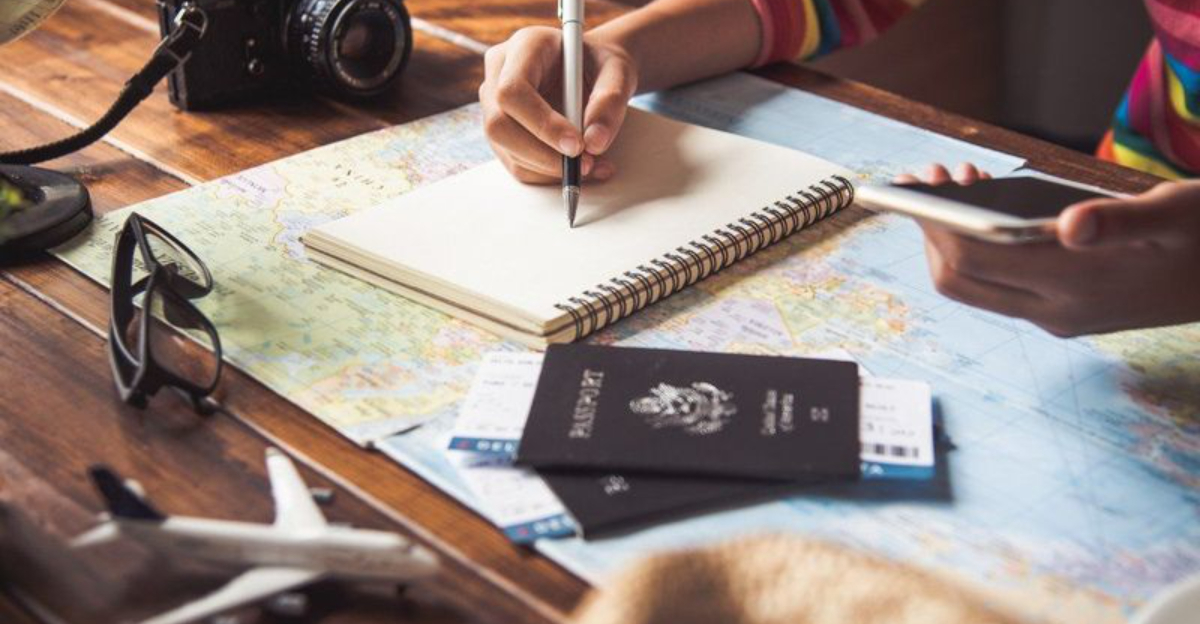
Traveling abroad opens the door to unforgettable experiences—but it also comes with a learning curve. A few small missteps can lead to big headaches, from missed flights to awkward cultural moments.
The good news? Most travel mistakes are completely avoidable if you know what to look out for. Whether you’re a seasoned explorer or planning your first international trip, being prepared can make all the difference.
1. Forgetting To Check Passport Expiry Date
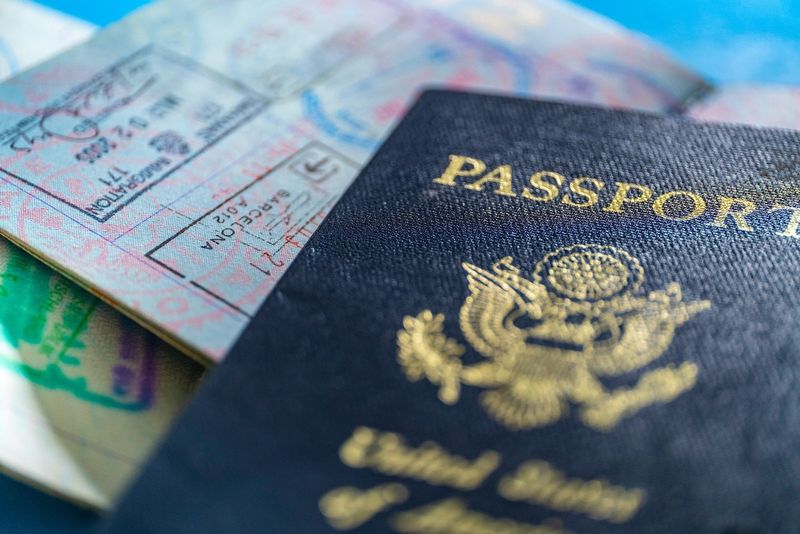
Many travelers focus only on booking flights and accommodations. Having at least six months of validity on your passport is required by numerous countries worldwide.
Immigration officials won’t hesitate to deny entry if your passport expires too soon after your planned departure date. Always verify this crucial detail months before your trip.
2. Not Verifying Visa Requirements

Assuming you can just hop on a plane anywhere leads to devastating surprises. Different nations have wildly varying entry policies that change frequently.
Some destinations require visas obtained weeks in advance, while others offer visa-on-arrival. Research is essential before booking tickets to avoid being denied boarding or entry at your destination.
3. Booking Flights Without Checking Entry Restrictions

Excitement about cheap fares sometimes overshadows practical considerations. Current health protocols, transit requirements, or political situations can change rapidly.
Airlines might not refund your ticket if you’re denied boarding due to entry restriction issues. Always check official government travel advisories and airline policies before finalizing any international bookings.
4. Skipping Travel Insurance

Medical emergencies abroad can drain savings instantly. A simple hospital visit in some foreign healthcare systems might cost thousands without proper coverage.
Travel insurance also protects against trip cancellations, lost luggage, and other mishaps. The small upfront cost provides peace of mind and financial protection that far outweighs the risk of traveling uninsured.
5. Not Notifying Your Bank Before Travel

Standing helplessly at a register while your card gets declined creates instant panic. Banks often freeze accounts when they detect unusual activity in foreign locations.
A simple pre-trip notification to your financial institutions prevents this headache. Make sure to inform all credit card companies and banks about your travel dates and destinations before departure.
6. Exchanging Money At The Airport
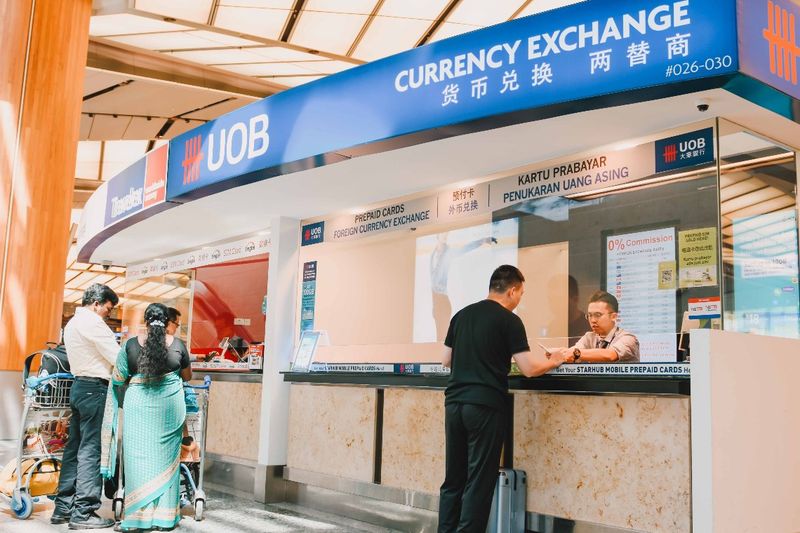
Those convenient currency exchange booths come with a steep hidden cost. Airport kiosks typically offer the worst exchange rates, sometimes 10-15% below the actual value.
Savvy travelers withdraw cash from local ATMs or exchange at banks in the city center. Planning ahead by researching currency exchange options saves significant money on longer trips.
7. Relying Solely On Credit Cards

Electronic payments aren’t universal despite what we’re used to at home. Many small vendors, family restaurants, and transportation services in various countries accept only cash.
Keeping local currency on hand prevents awkward situations where you can’t pay for services. Even in developed nations, card readers sometimes malfunction or networks go down unexpectedly.
8. Overpacking And Exceeding Baggage Limits

Lugging heavy suitcases through cobblestone streets quickly loses its charm. Excess baggage fees can add hundreds to your travel costs when flying between multiple destinations.
Packing light means greater mobility and less stress. Consider doing laundry during longer trips rather than packing a fresh outfit for each day abroad.
9. Not Researching Local Customs And Laws

Innocent gestures at home can be deeply offensive elsewhere. What seems like normal behavior might actually violate local laws or cultural expectations in your destination.
Simple research prevents embarrassing or potentially dangerous situations. Understanding basic etiquette around tipping, greetings, photography, and public behavior shows respect and enhances your travel experience.
10. Ignoring Vaccination Or Health Entry Requirements
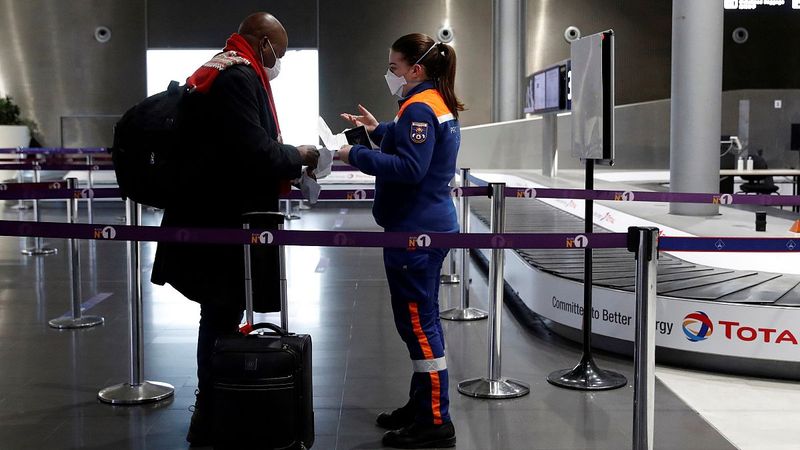
Health documentation requirements aren’t suggestions—they’re enforced rules. Many countries require specific vaccinations or health certificates, especially after recent global health events.
Failing to obtain necessary health documents can result in denied entry or quarantine. Check official government websites for the most current health entry requirements well before your departure date.
11. Using Public Wi-Fi Without A VPN

Free internet access points create perfect opportunities for data theft. Hackers frequently target tourist hotspots to intercept financial information and login credentials.
A Virtual Private Network (VPN) encrypts your connection and protects sensitive information. Never access banking apps, enter passwords, or make purchases on public Wi-Fi without this essential protection layer.
12. Not Making Copies Of Important Documents
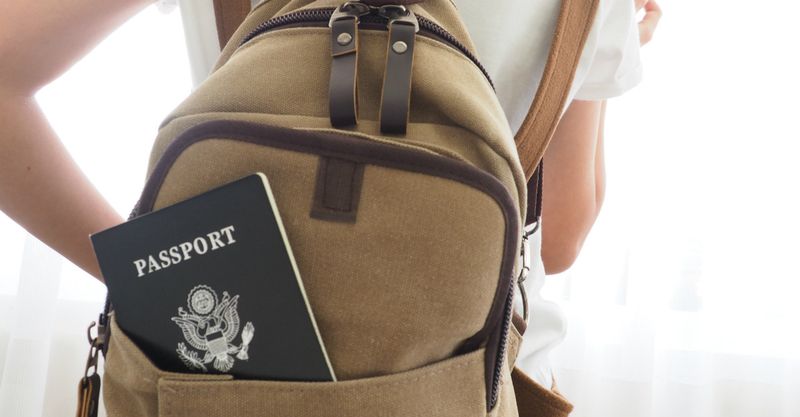
Panic sets in immediately when realizing your passport is missing. Lost or stolen documents can derail your entire trip and create significant complications.
Keep digital and physical copies of passports, visas, and insurance information in separate locations. Cloud storage backups and sharing documents with a trusted contact back home provides additional security.
13. Failing To Learn Basic Local Phrases

Communication barriers create frustration for everyone involved. Even simple efforts to speak the local language demonstrate respect and usually receive appreciation.
Learning basics like “hello,” “thank you,” “excuse me,” and “help” opens doors. Locals often respond more warmly to tourists who make an effort, even if pronunciation isn’t perfect.
14. Booking Tight Layovers
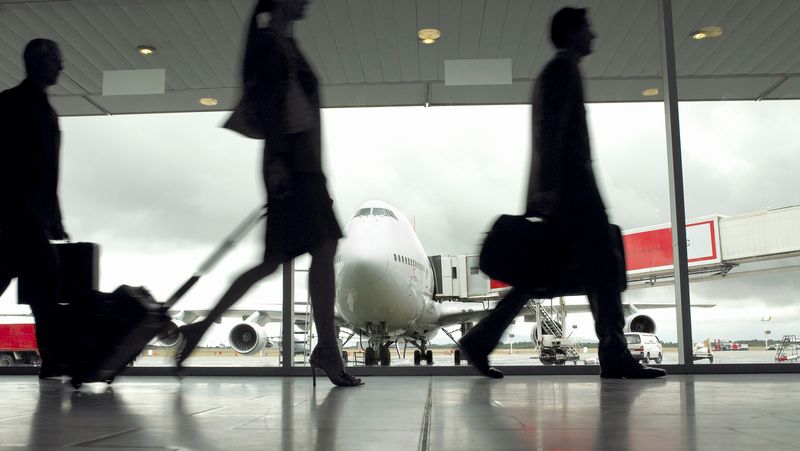
Rushing through unfamiliar terminals creates unnecessary stress. Weather delays, security lines, and gate changes can quickly consume that 45-minute connection you thought was sufficient.
Experienced travelers recommend at least 90 minutes for domestic connections and two hours for international transfers. The small time buffer provides peace of mind and reduces the risk of missing flights.
15. Forgetting To Check Time Zone Changes

Arrival times can be deceptive when crossing multiple time zones. Confusion about local time leads to missed transportation connections, hotel check-ins, and tour departures.
Set your watch and phone to destination time during your flight. Consider how time differences will affect your body clock and plan accordingly for the first day or two after arrival.
16. Packing Prohibited Or Inappropriate Items
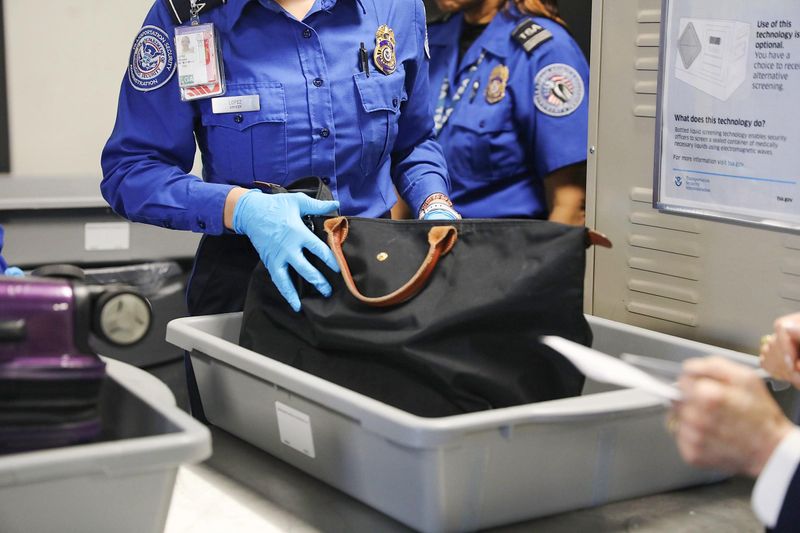
Security regulations vary widely between countries. Certain medications that are legal at home might be strictly controlled or even illegal at your destination.
Food products, religious items, and even some electronic devices face restrictions in different regions. Research customs regulations thoroughly and check for updates before packing to avoid confiscation or legal troubles.
17. Not Planning For Jet Lag

Sleep disruption can steal precious days from your vacation. Crossing multiple time zones throws off your body’s internal clock, causing fatigue, irritability, and digestive issues.
Adjust your sleep schedule gradually before departure when possible. Stay hydrated during flights, avoid alcohol, and spend time outdoors at your destination to help your body adapt more quickly.
18. Overloading Your Itinerary
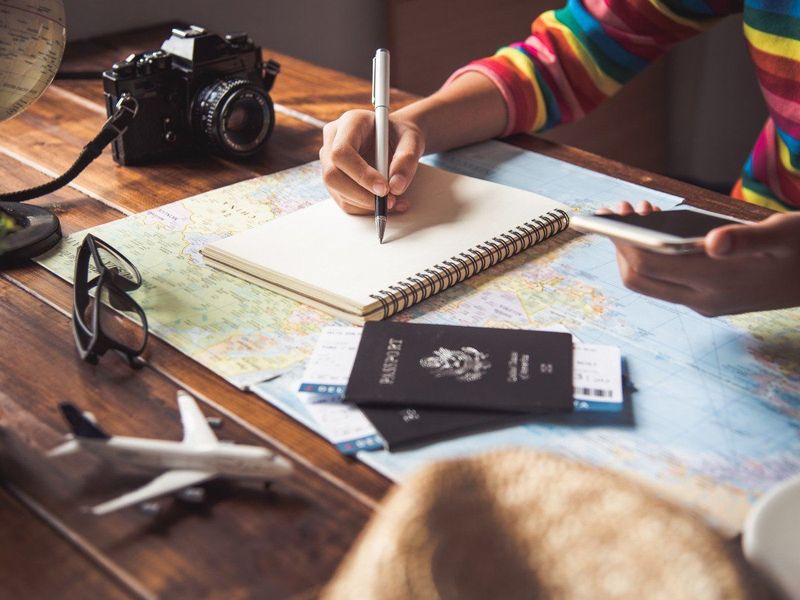
Ambition often leads to exhaustion rather than enjoyment. Trying to visit too many attractions creates a blur of experiences without time to truly appreciate any of them.
Quality experiences trump quantity every time. Leave room for spontaneous discoveries, rest days, and unexpected opportunities that often become trip highlights.
19. Not Checking Electrical Outlet Compatibility
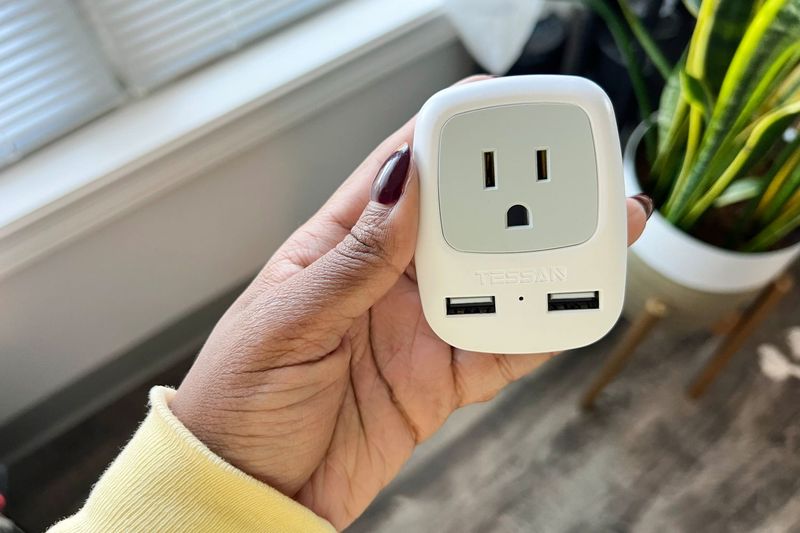
Wall sockets differ dramatically around the world. Discovering your devices won’t plug in anywhere can be frustrating, especially when needing to charge phones or cameras.
Beyond plug shapes, voltage differences can damage electronics. Research both plug types and voltage requirements for your destination, and pack appropriate adapters or converters before departure.
20. Skipping A SIM Card Or Local Data Plan

Navigation becomes challenging without reliable internet access. Roaming charges from home carriers can accumulate shockingly fast, sometimes adding hundreds to your phone bill.
Local SIM cards provide affordable data in most countries. Alternatively, portable Wi-Fi devices or international data plans offer connectivity without the expense of traditional roaming.
21. Forgetting To Reserve Airport Transportation
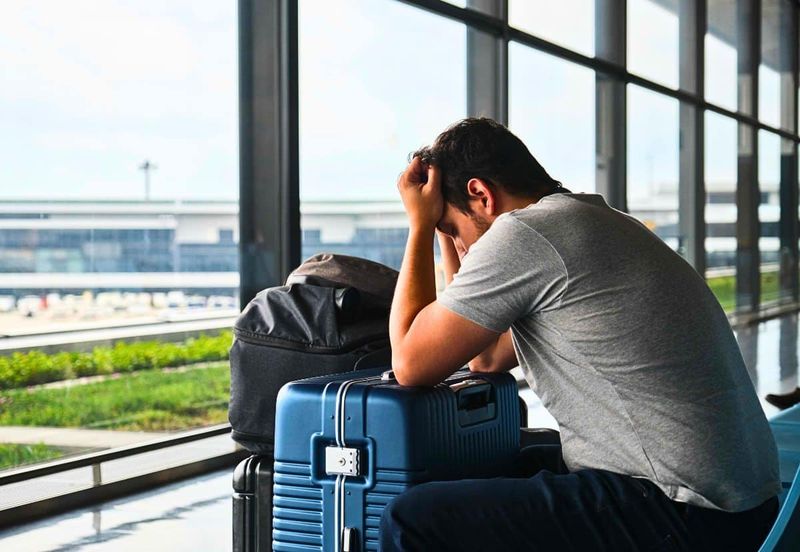
Late-night arrivals create special challenges for transportation. Many travelers discover that public transit options are limited or nonexistent during overnight hours.
Airport taxis sometimes charge premium rates, especially when they sense you have few alternatives. Arranging transportation before arrival ensures peace of mind and often saves money.
22. Not Downloading Offline Maps Or Key Apps
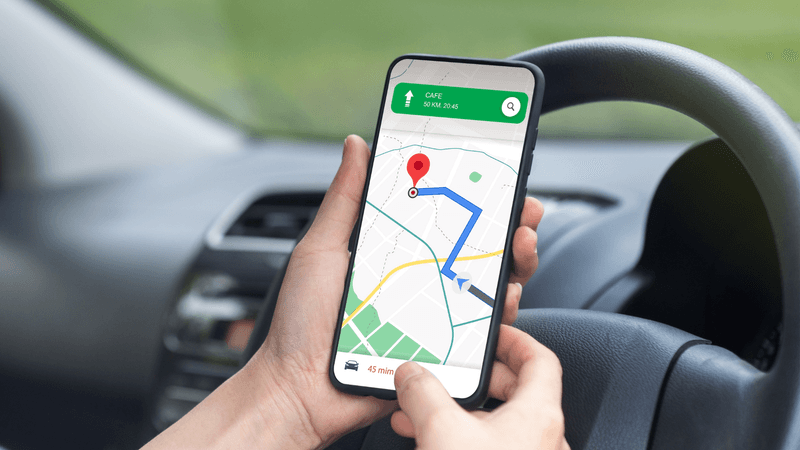
Signal loss happens at the most inconvenient moments. Relying solely on online navigation can leave you literally lost when connectivity fails in remote areas.
Download offline maps for your destination before departure. Google Maps, Maps.me, and similar apps allow for navigation without data, potentially saving you from stressful situations in unfamiliar territory.
23. Leaving No Buffer Time Before Return Flight
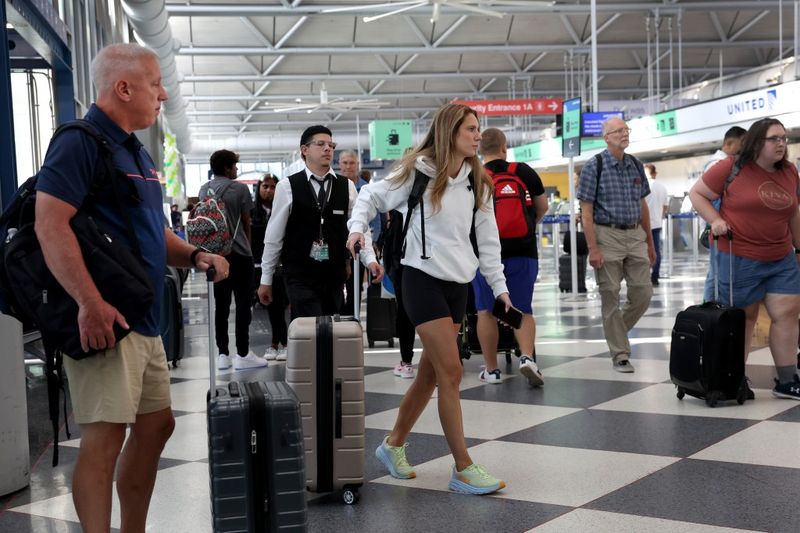
Transport strikes, weather events, and other disruptions occur without warning. Scheduling activities until the last possible moment before departure creates unnecessary risk.
Seasoned travelers return to their departure city at least one day before flying home. This buffer prevents missed flights due to unexpected delays and allows decompression time before returning to normal life.
24. Not Confirming Accommodation Details In Advance

Arriving exhausted only to find booking problems creates instant travel anxiety. Address mix-ups, unexpected construction, or seasonal closures can leave you scrambling for last-minute alternatives.
Contact accommodations directly before arrival to confirm reservations. Verify check-in procedures, especially for late arrivals or properties without 24-hour reception desks.
25. Ignoring Local Emergency Numbers And Resources

Emergency situations require immediate knowledge of who to contact. The familiar “911” emergency number works in very few countries outside North America.
Research local emergency services numbers before arrival. Also locate your country’s embassy or consulate contact information and save these details where they’re easily accessible without internet connection.
26. Assuming Everyone Speaks English

Communication barriers create unexpected challenges even in popular tourist destinations. Many regions have limited English proficiency, especially outside major cities and tourist areas.
Prepare for language differences by downloading translation apps that work offline. Visual communication tools like picture cards or translation devices provide alternatives when verbal communication fails.
27. Being Unaware Of Local Scams

Tourists make perfect targets for practiced con artists. Common scams vary by location but typically exploit visitors’ unfamiliarity with local customs and pricing.
Research typical scams in your destination before arrival. Awareness helps you recognize suspicious situations like “free” bracelets that suddenly cost money, fake police officers, or rigged taxi meters in popular tourist destinations.
28. Dressing Inappropriately For The Culture

Clothing choices can unintentionally cause offense or unwanted attention. Modesty standards vary dramatically between cultures, particularly regarding shoulders, knees, and head coverings.
Researching local dress norms shows respect for your destination’s culture. Packing versatile items like scarves, lightweight pants, and sleeved shirts allows quick adaptation to different settings and religious sites.
29. Not Understanding Tipping Etiquette

Gratuity expectations differ dramatically worldwide. In some countries, tipping insults service professionals, while in others, it’s essential income they depend on.
Japan generally considers tipping offensive, while American servers rely heavily on tips. Research local customs before arrival to avoid awkward situations or accidentally shortchanging hardworking staff.
30. Taking Photos Where It’s Culturally Inappropriate

Camera use has unexpected restrictions in many locations. Snapping pictures without permission can violate cultural norms or even legal restrictions, particularly in religious settings or government facilities.
Look for photography prohibition signs and ask before capturing images of local people. Many cultures have specific beliefs about photography, and respecting these boundaries prevents conflict and shows cultural sensitivity.
